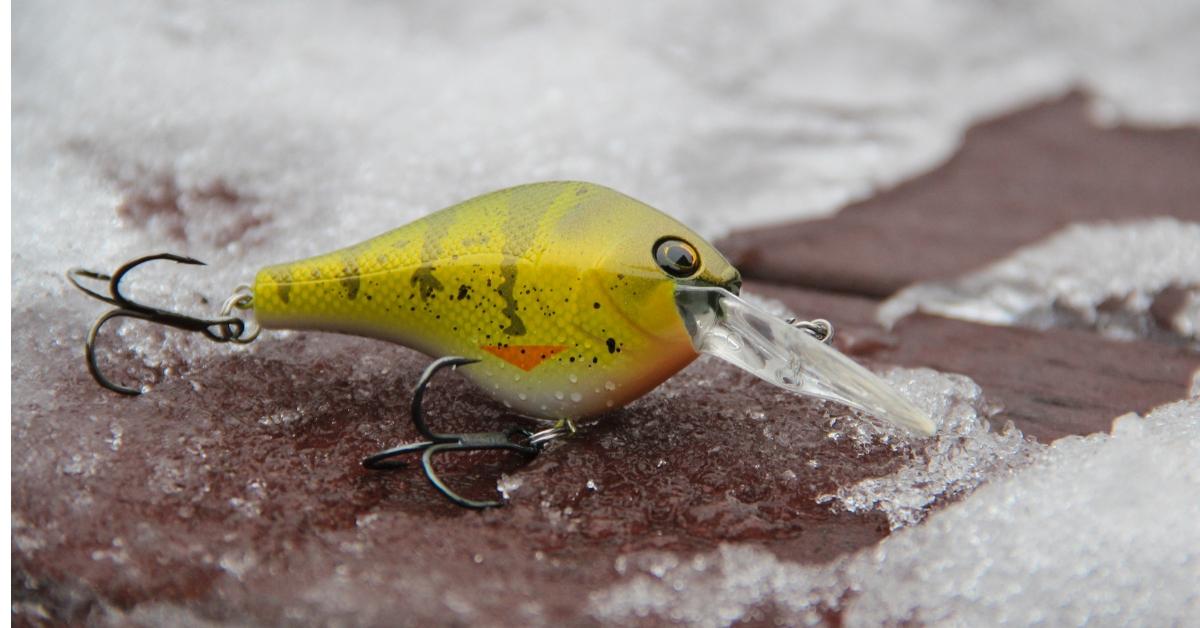Winter Bass Fishing Tips: How To Catch MORE Bass In The Snow
“Let it snow! Let it snow! Let it snow!”
-Sammy Cahn
I have never heard bass anglers actually sing these lyrics of a popular Christmas song, but I could understand if they did. Often times the bite can actually be fantastic on reservoirs where northern-strain largemouth live, especially if it’s the first snowstorm of winter. Fair-weather fishermen stay home on snowy days, but hard-core anglers know it’s worth the trouble to bear the wet and cold because snow seems to activate those bass.
A snowstorm affects northern-strain largemouth the same way a rainstorm does during the warmer months. It is a low-pressure system featuring clouds that darken the skies and turn on bass.
Winter Fishing Tips: Fishing In The Snow
A variety of fast-moving lures work in this situation; even buzz baits if the water temperature is still in the 50-degree range. The key is to run the buzzer as slow as possible but still fast enough to keep it on the surface. Other lures that produce in snowy conditions are spinnerbaits, crankbaits and suspending stickbaits. However, don’t rule out slow-moving baits such as jigs tipped with plastic chunks.
The weather before a snowstorm can affect how bass react when it snows. Bass turn on in the snow if it has been warm for a while and then a drastic weather change leads to the snowstorm. However, if snow arrives after a long cold spell and the water temperature is already cold, then big bass, in particular, hug the bottom.
Winter Bass Fishing Tips: Time And Temp
Time of year and water temperature play key roles in how snowstorms affect fishing. Usually, the fishing is better during late autumn snow than in the spring. In the fall or early winter, the main lake is still pretty warm so falling water temperatures have less of an impact on the fish. Spring snows have the opposite effect as they knock the water temperature so low that it shuts off the fish. In the spring, the main lake is cold and the most active fish are in the warmer, shallower pockets, so when the snow and cold hits, the water temperature in the shallows drops quickly and bass turn lethargic.
Water clarity determines where you should fish on snowy days. As the weather gets wetter and colder, the action tends to slow down on the upper ends of reservoirs where the water is stained or dirty. So when it snows, try clearer water in the middle and lower ends of the lake.
Updated December 10th, 2021 at 3:47 AM CT


